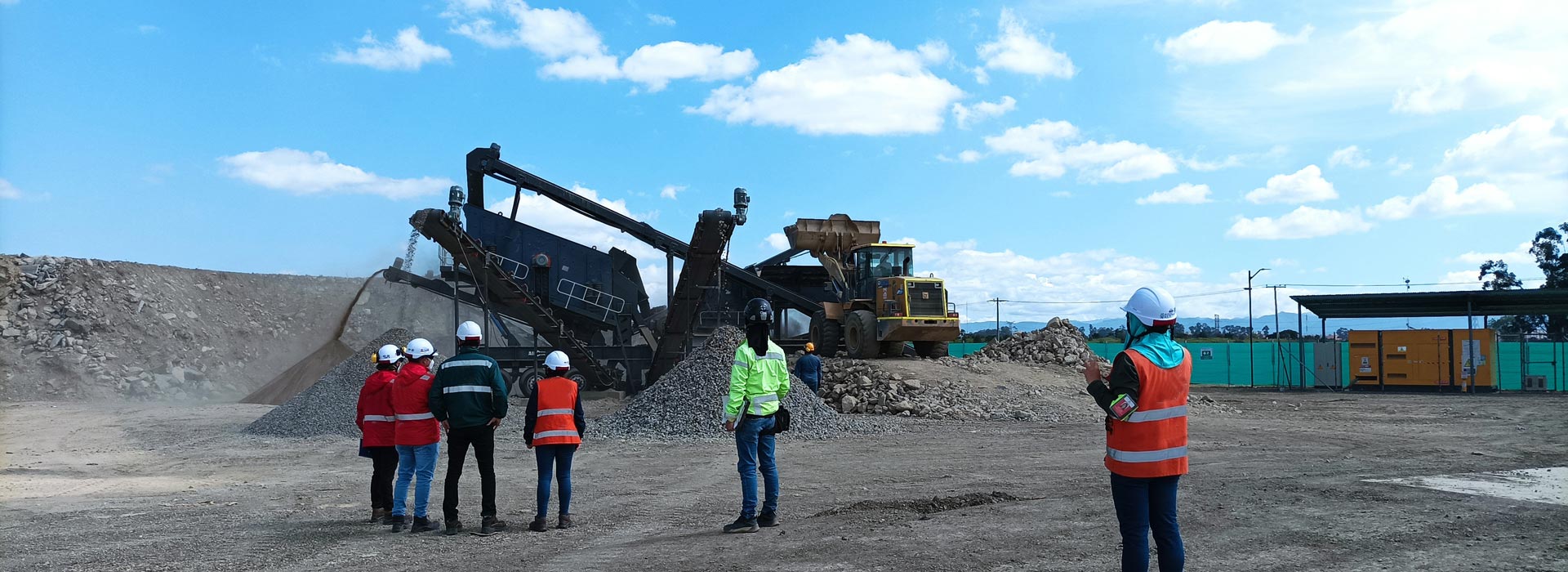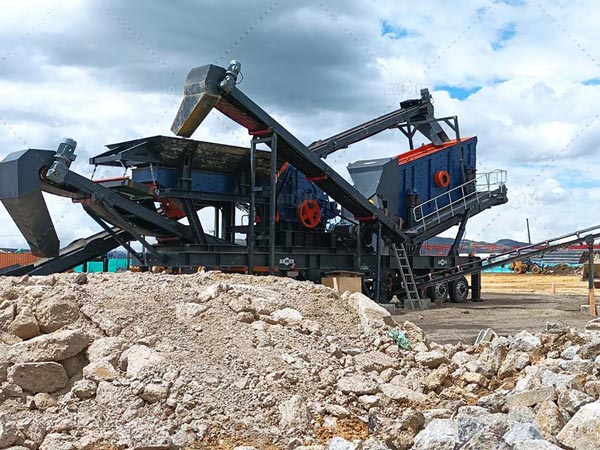The construction industry generates staggering amounts of waste annually, presenting both an environmental challenge and an opportunity for resource recovery. Traditional disposal methods are increasingly being replaced by innovative solutions that prioritize sustainability and efficiency. Among these, mobile impact crusher has emerged as game-changers, revolutionizing how we process construction and demolition debris. These versatile machines combine crushing power with unprecedented mobility, enabling on-site material processing that dramatically reduces transportation costs and environmental impact.
As urban development accelerates and landfill space becomes scarce, the demand for efficient waste processing solutions has never been greater. Mobile impact crushers answer this call with their ability to transform bulky construction waste into valuable recycled aggregates directly at the source. This paradigm shift in waste management is reshaping construction practices across the globe, offering economic and ecological benefits that extend far beyond the job site.

Unparalleled Mobility and On-Site Processing
Breaking Free from Fixed Plant Limitations
Unlike stationary crushing plants that require material transportation to a central location, mobile impact crushers bring the processing capability directly to the waste source. This eliminates the logistical nightmare of hauling untreated debris across cities, reducing both fuel consumption and carbon emissions. The self-contained nature of these units allows them to be operational within minutes of arrival at a new site.
Adaptable to Diverse Work Environments
From urban redevelopment projects to remote construction sites, mobile impact crushers demonstrate remarkable versatility. Their compact footprints enable operation in space-constrained areas where traditional crushing equipment would be impractical. Advanced track-mounted models can navigate rough terrain with ease, accessing demolition sites that would otherwise require extensive site preparation.
Rapid Deployment Capabilities
The speed at which these mobile crushers can be relocated between job sites represents a significant competitive advantage. Many models feature quick-setup systems that minimize downtime during transfers, ensuring continuous workflow even for projects with multiple dispersed locations. This agility makes them particularly valuable for disaster recovery operations and time-sensitive urban renewal projects.

Economic and Environmental Advantages
Cost-Effective Material Processing
By processing waste materials on-site, mobile impact crushers deliver substantial cost savings. The elimination of haulage expenses for untreated debris combined with the creation of saleable recycled aggregates transforms waste management from a cost center to a potential revenue stream. Many operators find the return on investment surprisingly swift, especially in regions with high disposal fees.
Sustainable Construction Practices
The environmental benefits of mobile crushing extend far beyond reduced truck traffic. These systems enable closed-loop material cycles where construction waste disposal becomes new construction material, dramatically decreasing the demand for virgin aggregates. This circular approach conserves natural resources while simultaneously reducing the environmental damage caused by quarrying operations.
Energy Efficiency Innovations
Modern mobile impact crushers incorporate advanced technologies that minimize energy consumption without compromising performance. Features like hydraulic drive systems and intelligent power management ensure optimal energy use, while electric-powered impact crusher models offer emission-free operation when paired with renewable energy sources.
Technological Advancements Driving Adoption
Smart Crushing Systems
The latest generation of mobile impact crushers incorporates sophisticated automation and monitoring systems. These intelligent machines can adjust crushing parameters in real-time based on material characteristics, ensuring consistent product quality while protecting the equipment from damage. Remote monitoring capabilities allow operators to track performance metrics and schedule maintenance proactively.
Enhanced Safety Features
Safety considerations have been paramount in recent design innovations. Advanced dust suppression systems protect workers’ health, while noise reduction technologies minimize disturbance in urban environments. Automatic overload protection and improved access platforms further enhance operational safety, making these machines suitable for use in sensitive locations.
Modular Design Flexibility
Manufacturers now offer highly customizable configurations to meet specific project requirements. Interchangeable components allow quick adaptation to different material types and end-product specifications. This modular approach extends the machine’s versatility, enabling single units to handle diverse materials from concrete to asphalt and mixed construction debris.
The construction industry’s transition toward sustainable practices has found a powerful ally in impact crushers. As these machines continue to evolve, their role in responsible waste management will only grow more significant. By transforming waste into resources at the point of generation, they represent not just better equipment, but a better approach to building our future.
